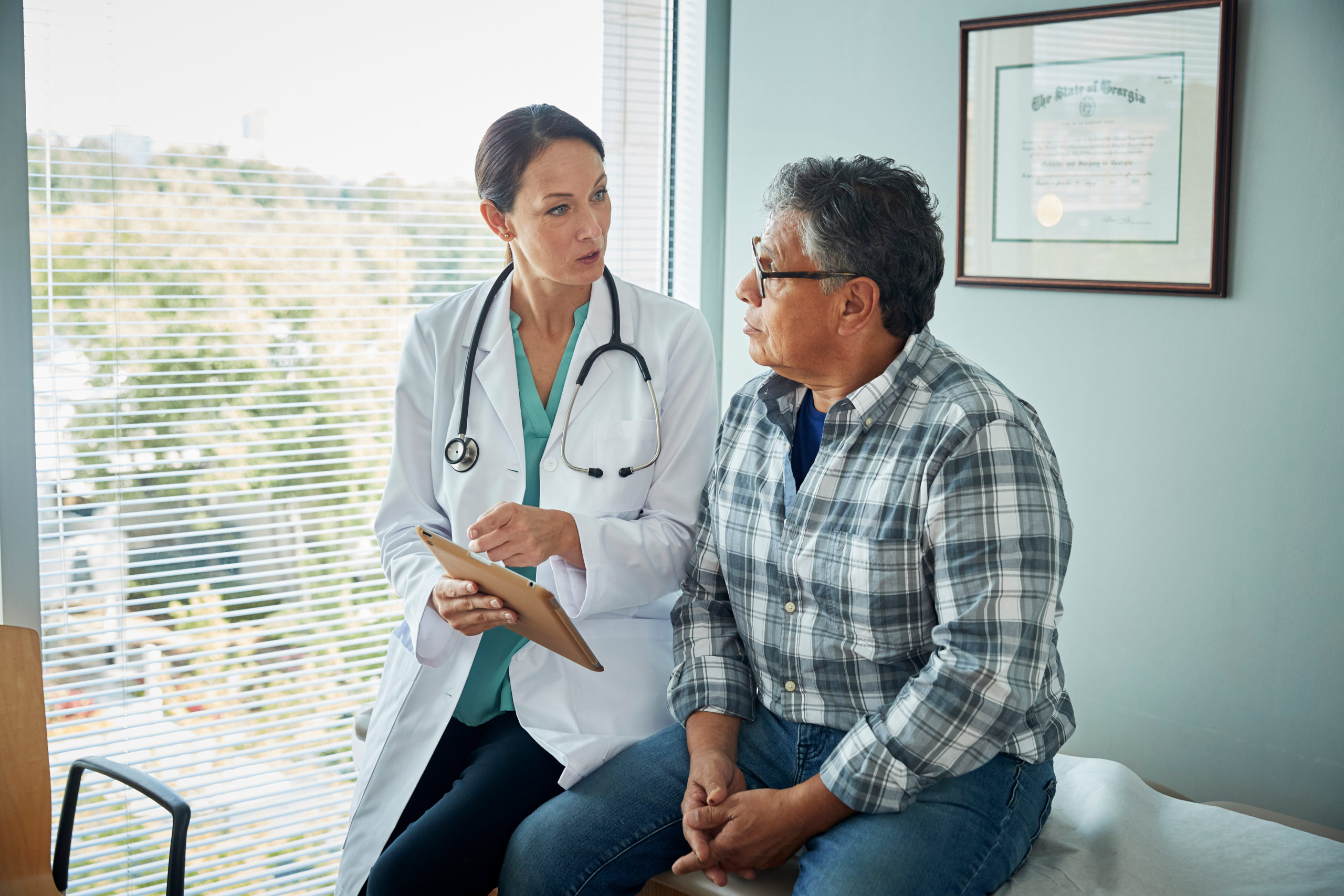In today's digital age, social media platforms have become an integral part of our daily lives, influencing how we communicate, share information, and interact with others. While social media can offer many benefits, it can also have unintended consequences, particularly when it comes to legal matters such as medical malpractice claims. Understanding the impact of social media on medical negligence cases is essential for anyone considering pursuing compensation for injuries resulting from medical errors.
The Role of Social Media in Medical Malpractice Claims
Social media can play a significant role in medical malpractice claims in several ways:
Evidence Gathering
Posts, photos, and videos shared on social media platforms can potentially serve as evidence in a medical malpractice case. Patients may inadvertently disclose information about their medical condition, treatment, or interactions with healthcare providers that could be relevant to their claim.
Damage Assessment
Insurance companies and defense attorneys often monitor claimants' social media accounts to assess the extent of their injuries and damages. Posts depicting physical activities or social engagements may be used to dispute the severity of the claimant's injuries or their impact on daily life.
Witness Credibility
Social media activity can also affect the credibility of witnesses in a medical malpractice case. Posts or comments made by witnesses, including friends or family members, may be scrutinized for inconsistencies or biases that could undermine their testimony.
Privacy Concerns
While social media can provide valuable information, it also raises privacy concerns. Patients must be cautious about what they share online, as posts can be accessed by opposing parties and used against them in legal proceedings.
Best Practices for Managing Social Media During a Medical Malpractice Claim
To protect their interests and avoid potential pitfalls, individuals involved in medical malpractice claims should adhere to the following best practices when it comes to social media:
Limit Sharing
Refrain from discussing your medical condition, treatment, or legal case on social media. Avoid posting photos or updates that could be misconstrued or used against you by opposing parties.
Adjust Privacy Settings
Review and adjust your privacy settings on social media platforms to control who can view your posts and information. Consider limiting access to your accounts to trusted friends and family members.
Think Before Posting
Before sharing anything online, carefully consider the potential implications for your medical malpractice claim. Ask yourself whether the post could be interpreted negatively or impact your case in any way.
Seek Guidance from a Houston Medical Malpractice Attorney
If you have any doubts or concerns about how social media could affect your medical malpractice claim, consult with a qualified attorney. An experienced medical malpractice attorney can provide guidance on how to navigate social media responsibly and protect your legal interests.
With extensive experience representing clients in medical malpractice cases, Chelsie King Garza, P.C. can help. We understand the complexities involved and can provide expert guidance every step of the way. Contact us today at 713-893-8808 for a free consultation and let us advocate for your rights and pursue the compensation you deserve.


